The festive period in Germany is marked by the opening of its world-famous Christmas markets (Weihnachtsmärkte).
With so many different opening dates, you can be sure that there will be festive events in your nearest region over the next few weeks, with some markets continuing even after December 24th.
Traditionally, most Weihnachtsmärkte in German-speaking regions start after ‘Eternity Sunday’ or ‘Sunday of the Dead’, known as ‘Totensonntag’ in German.
‘Totensonntag’ is a Protestant religious holiday, usually celebrated on the last Sunday before Advent and is a time to remember those who have died.
This year, ‘Totensonntag’ takes place relatively late (November 26th), as Christmas Eve and the fourth Sunday of Advent fall on the same day.
Some markets will open before this – while others have already begun opening their doors – meaning that you can indulge early in Germany’s famed Glühwein (mulled wine) and other holiday treats in many parts of the country.
READ ALSO: 5 things you need to know about German Glühwein
Early market openings
Some of the earliest spectacles to open this year include the market in Steele, an eastern district in Essen (open from November 2nd), the Wandsbek Winter Wonderland in Hamburg and the Zauberland Christmas Fair in the Berlin district of Lichtenberg (both open from November 3rd).
The German capital is host to many festive events throughout winter, including the Winter Wonderland on Potsdamer Platz(open since October 28th), but most of its markets won’t kick off until November 27th.
Germany’s most populous state of North Rhine-Westphalia is also seeing several early openings this year. Duisburg’s Christmas markets, for example, will start on November 16th. The International Christmas Market in Essen will follow swiftly after on November 17th, as will the markets at the Centro Leisure and Shopping Centre in Oberhausen.
The following week, markets in Darmstadt open on the 20th, Düsseldorf, Bochum and the sprawling market at Cologne Cathedral on the 23rd and Bonn on the 24th.
These are some of the most celebrated markets in Germany, with Düsseldorf boasting seven different markets and the Cologne market taking place throughout its historic village lanes.
The ‘Santi Pauli’ market in Hamburg (open from November 13th) will also follow this early bird pattern, whilst also closing on Memorial Sunday (November 19th). This market mixes tradition in the day with less family friendly events and stalls into the later hours.
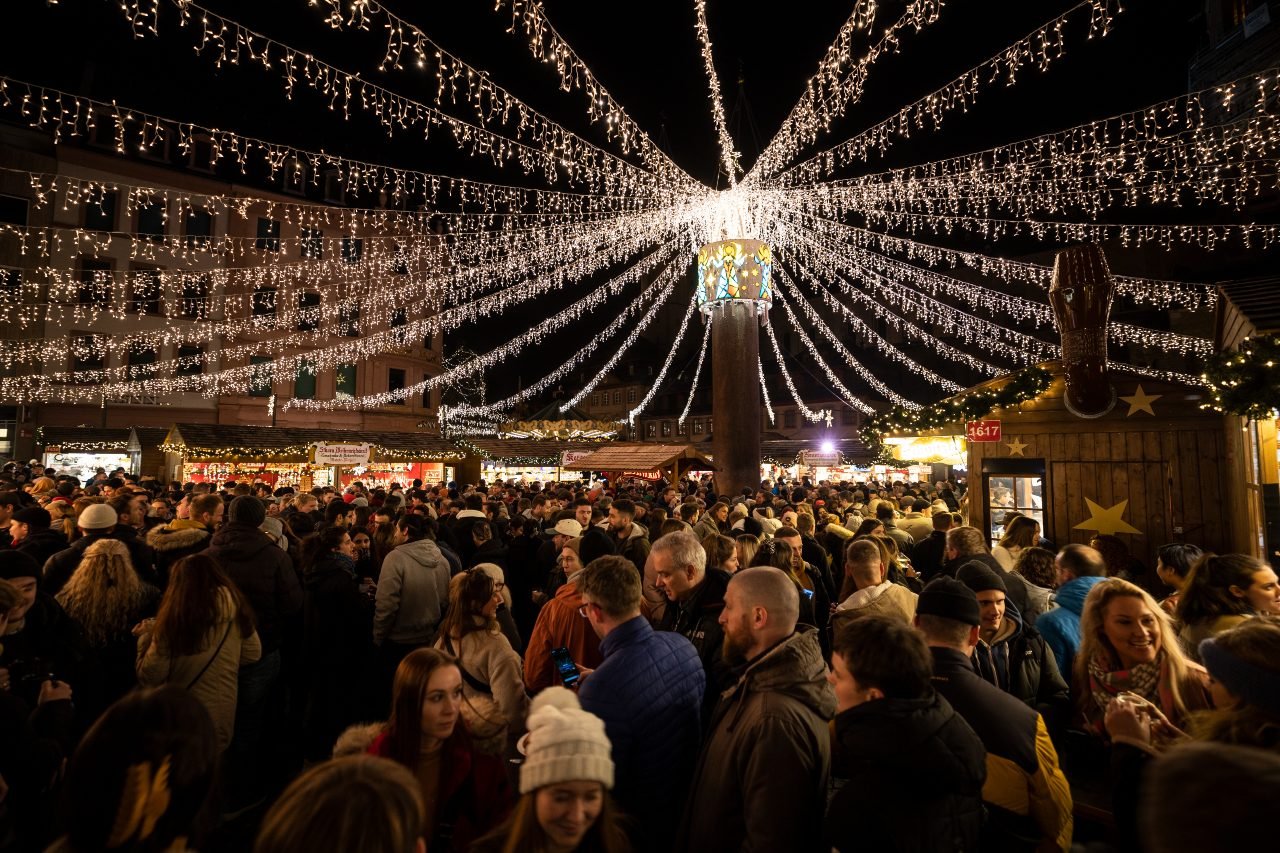
Alternative Christmas markets are becoming increasingly popular throughout German-speaking nations. In Berlin alone, this ranges from the more artistic Voodoo Christmas Market, offering live music, a beauty parlour and a tattoo studio, to the ‘LGBTQIA+ Winterdays and Christmas Avenue’.
The latter begins at Nollendorfplatz on November 10th and aims to create a safe space during the Christmas season where the entire community can feel at home.
Other market openings
More traditional markets open slightly later in Berlin. Some of the most well-known include the markets at ‘Roten Rathaus’ in the centre, at Charlottenburg Palace slightly further out and at Kaiser Wilhelm Memorial Church in the western region of Tiergarten. These three markets will all open on November 27th.
Other traditional markets in large cities follow the pattern of opening on November 27th and this includes Münster, Munich, Augsburg, Bremen, Hanover, Lübeck, Frankfurt and the historic market at Hamburg’s town hall.
The markets in Erfurt and the ‘Sternschnuppen’ market in Wiesbaden both open the following day (November 28th), proceeded by the Stuttgart market and the Dresden ‘Striezelmarkt’ on 29th.
This ‘Striezelmarkt’ is considered the first genuine Christmas market in the world, dating back to 1434. Today, you will find over 200 stalls and it’s recommended that you ride the Ferris wheel to get the best view of the markets and Christmas lights.
The Mainz Christmas market then opens on November 30th and the world-famous Nuremberg ‘Christkindlesmarkt’ ultimately opens on the first day of Advent, December 1st.
The world famous-market is officially opened Christkind, a young local woman in angelic clothing and a golden crown. There is also a Christmas-themed city for children on Hans-Sachs-Platz, which has special entertainment and booths for more hands-on activities.
Whether it’s savouring the traditional delights of bratwurst and roasted chestnuts or exploring unconventional offerings, these markets promise an enchanting experience for all to enjoy during this special time of year.

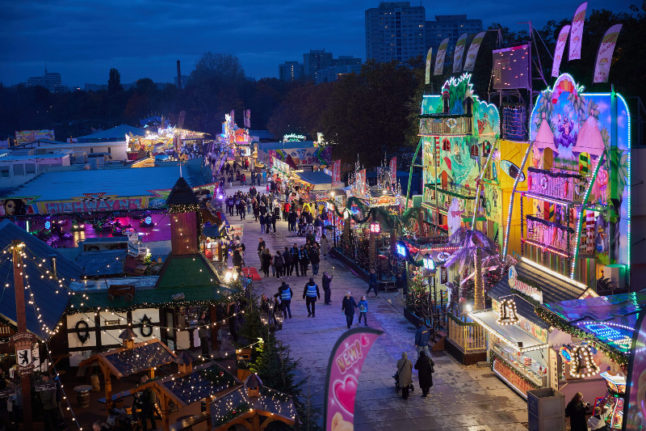
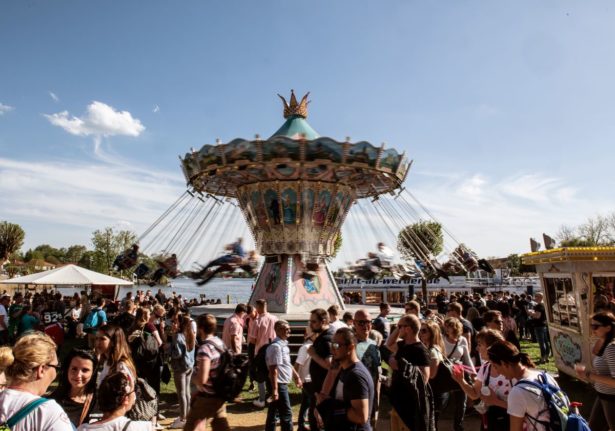
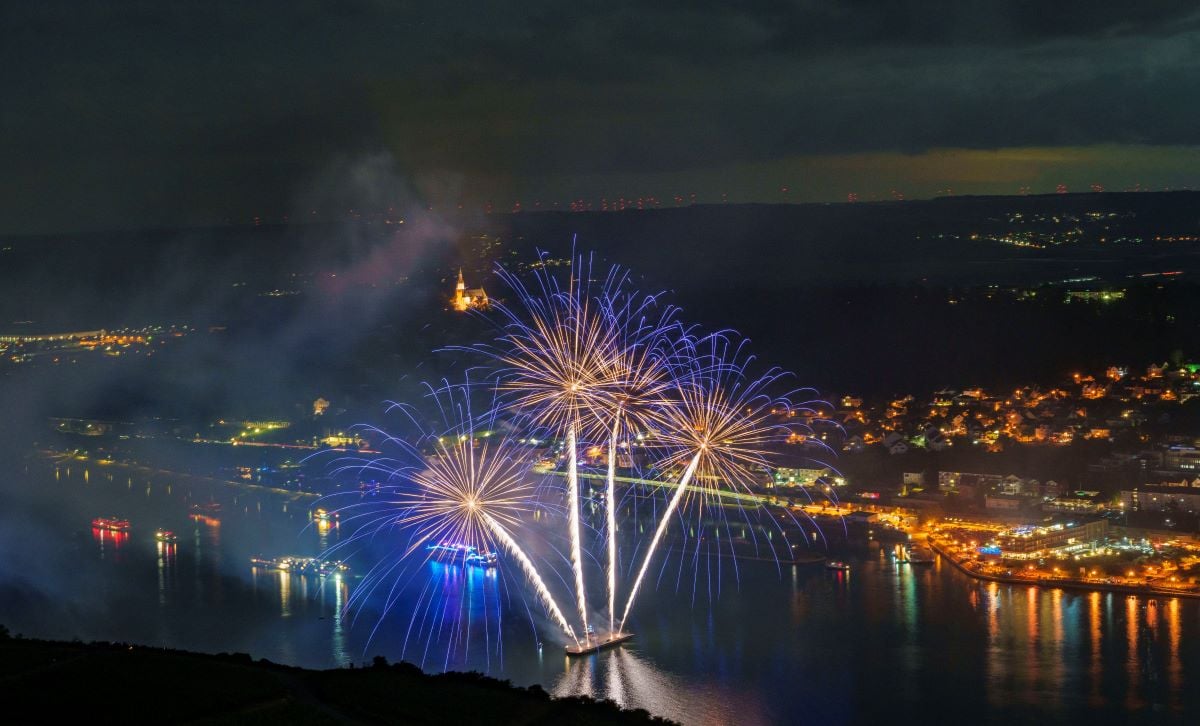
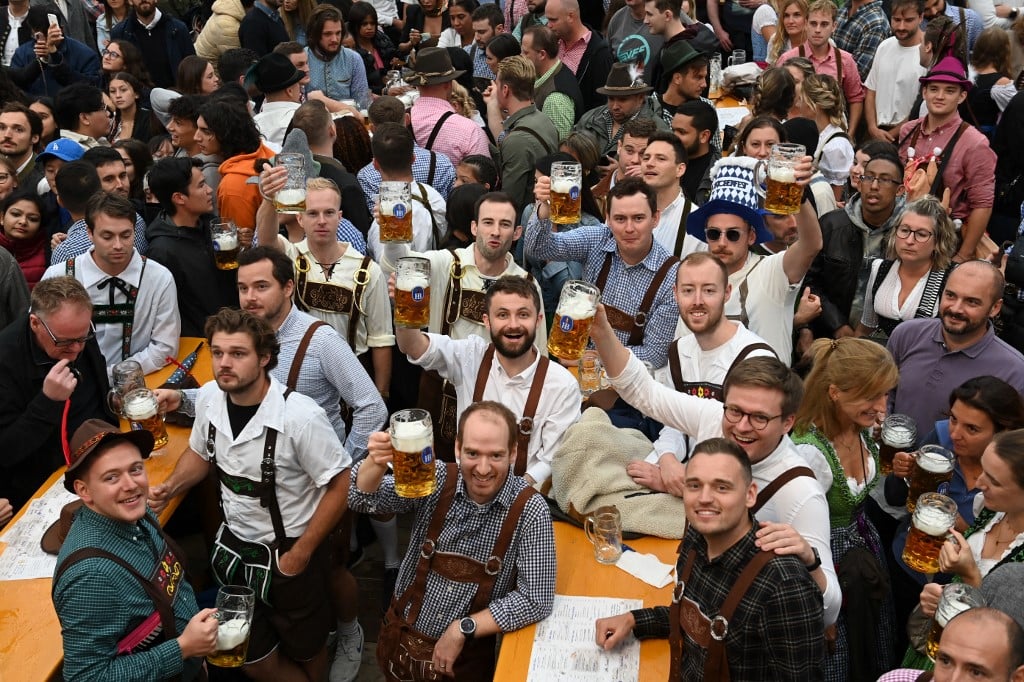
 Please whitelist us to continue reading.
Please whitelist us to continue reading.
Member comments